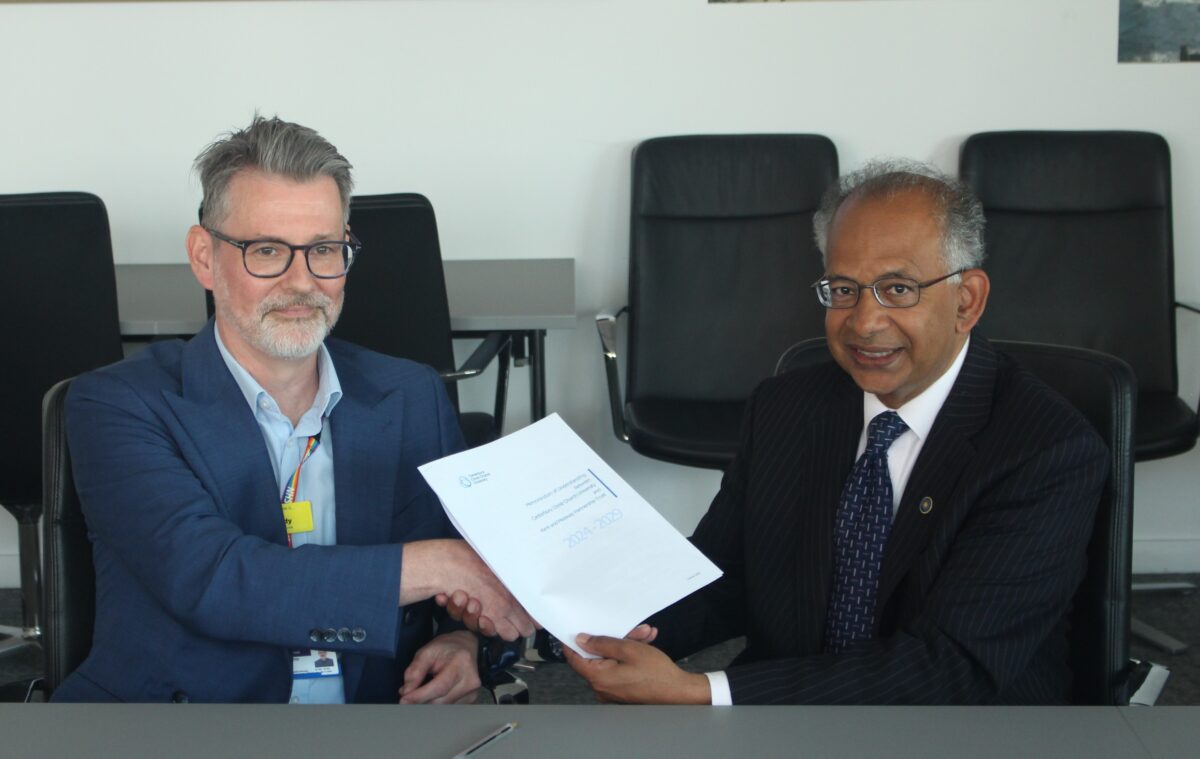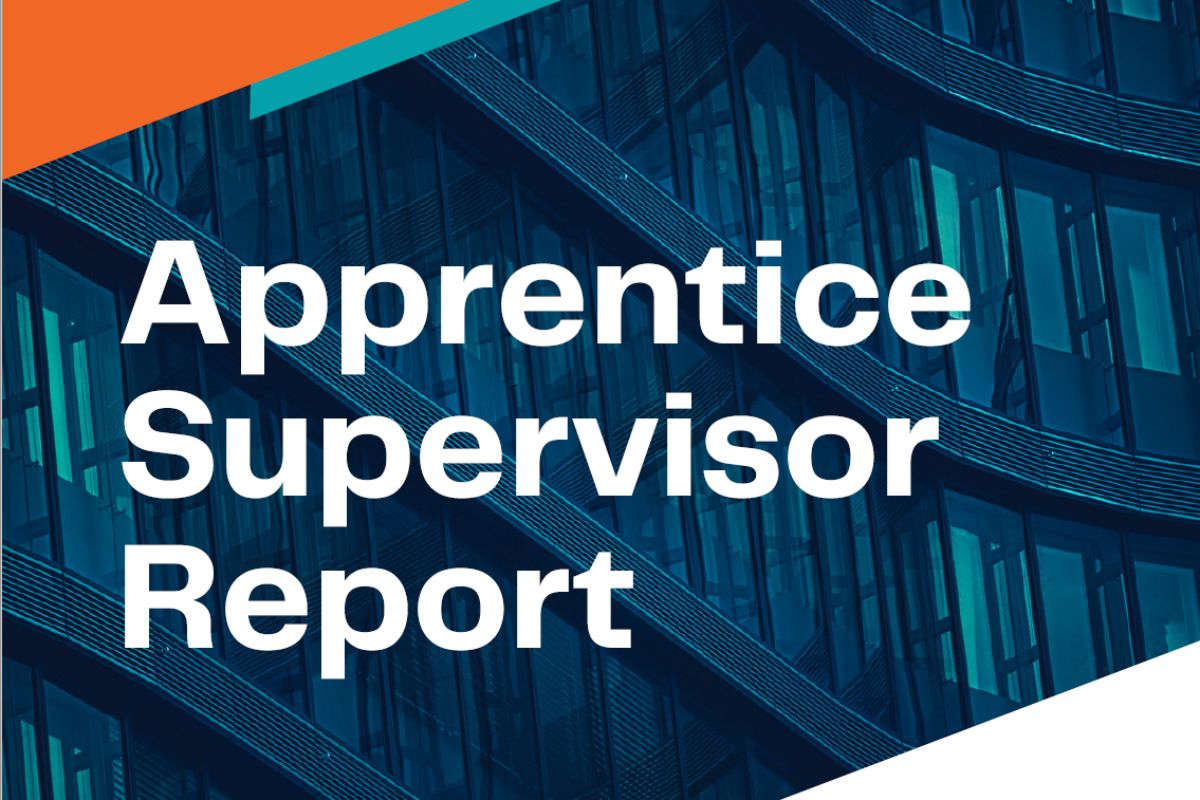AI is not a development to be feared – Embrace it now to reap its benefits

Professor Rachid Hourizi, MBE, Director of the Institute of Coding, highlights the growing need for UK policymakers to support the development of a high-skilled, digitally confident workforce, in response to rapid developments in AI.
WORLD leaders descended on Davos last month for the annual meeting of the World Economic Forum, with conversations focused on how best to approach the increasing opportunities – and indeed challenges – brought about by rapid developments in artificial intelligence (AI).
As global corporations scramble to take advantage of the latest developments in AI, ensuring the UK has a workforce ready to take on the jobs of the future is vital for the success of UK PLC, equipping our businesses with the skills bases they need to compete globally.
Digital skills gap in the workforce
With research indicating some two-thirds of UK businesses have a digital skills gap in their workforce, the lack of digital proficiency across the country requires targeted solutions to help all sections of our population feel these benefits of new AI technology, which is set to add US$4.4 trillion to the world economy.
Outside of the workplace, AI brings clear benefits for us all in our everyday lives too. Microsoft founder Bill Gates told attendees in Davos that AI has the potential to bring significant improvements to public services such as healthcare and education, through reducing workloads and boosting outcomes for patients and learners alike.
Indeed, if doctors can spend more time with patients and diagnose disease more quickly with the help of machine learning, this technology will have the opportunity to save lives as well as money. Similarly, if AI can help reduce teacher workloads and increase face-to-face contact with learners, people at all stages of life are set to benefit.
That means the most successful economies and public services of the future will be the ones which plan now to ensure people from all sectors can realise the benefits of AI and work alongside it for decades to come.
The cycle of technological change
The cycle of technological change – resistance to it, acceptance of it and finally absolute reliance upon it – is not new. As part of his speech in Davos, Gates rightly referenced the significant developments in agriculture at the turn of the last century. Embracing new technology on farms didn’t lead to the loss of jobs – it simply changed the way they worked.
Done in the right way, new digital jobs will be and are being created from these emerging technologies, with those organisations and individuals willing to adopt new ways of working the most likely to benefit from new opportunities.
To fully reap the potential benefits, we need to be agile and identifying new skills and adapting for the jobs of the future. However, what we do know is that we need to move away from a position that developing your professional skills ends in your late teens and early twenties.
National boost to digital skills
The Institute of Coding is proud to be leading a national boost to digital skills through close working with employers, educators and charities across the country. Through delivering short, stackable, hybrid learning programmes, learners are able to fit their studies around their current commitments, work, and home life.
With some 870,000 tech sector vacancies across the UK, there are plenty of jobs available, and flexible short-course digital skills programmes are one way to help fill them. The Institute of Coding’s approach opens up access to broad sections of the population, allowing people from all walks of life to develop their digital skills.
The organisation is at the centre of supporting joined-up initiatives to deliver the digital skills training capacity we need across the UK. It’s all about close collaboration between employers and educators to deliver national growth for decades to come.
Our approach creates the opportunity for people from across a variety of industries to get the confidence boost they need, allowing learners to embrace AI and other emerging technologies in both their professional and personal lives.
Fast-paced technological change is nothing new, and nor is resistance to it. But history teaches us to stay ahead of developments and embrace them.
By Professor Rachid Hourizi MBE, Director of the Institute of Coding, based at the University of Bath.











Responses